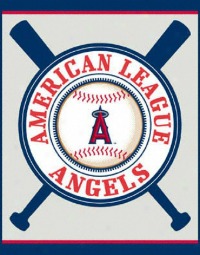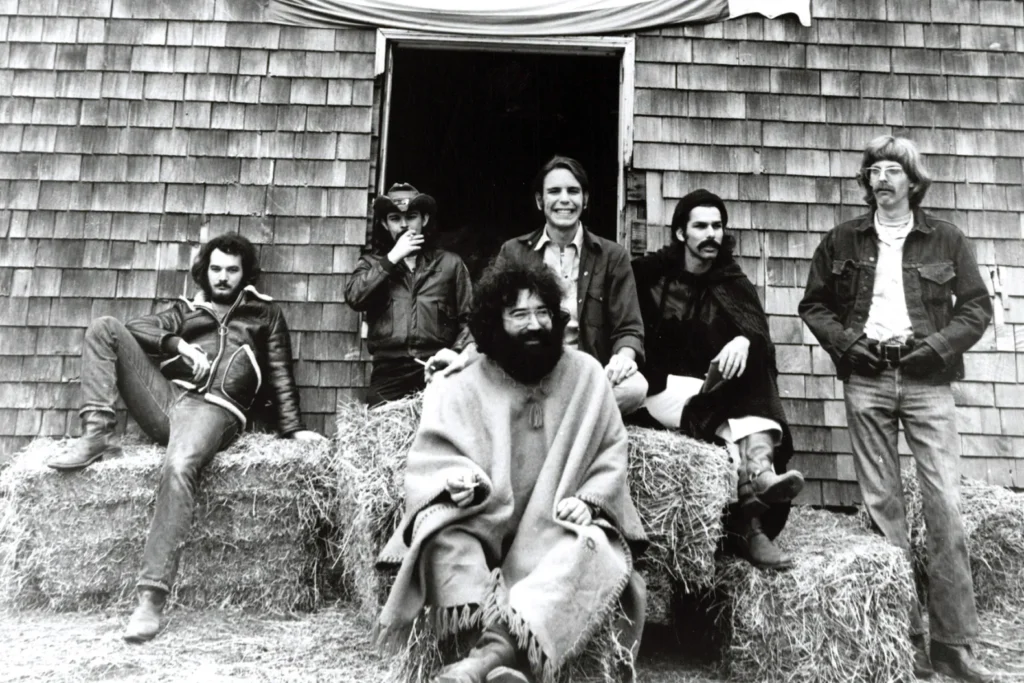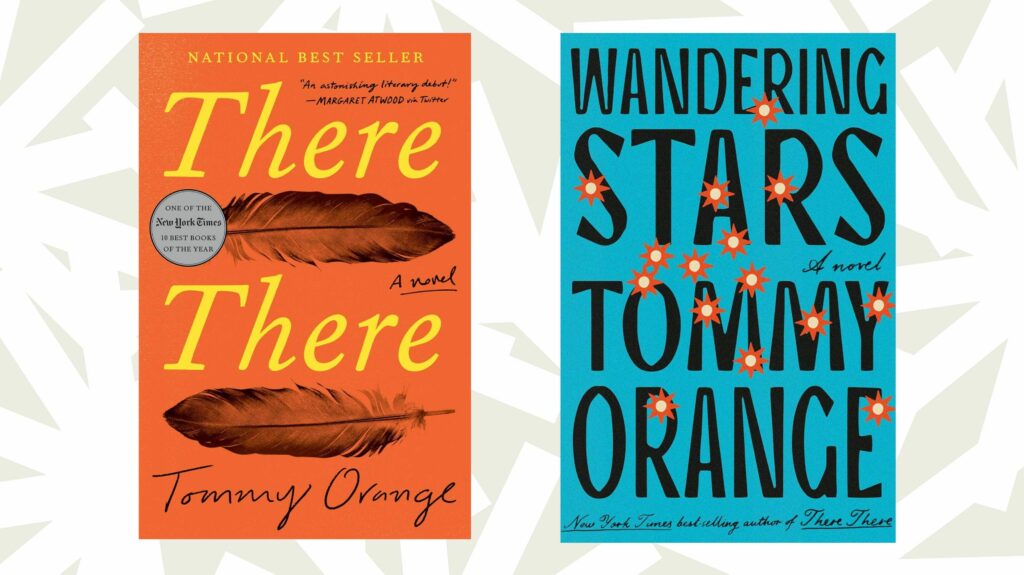by Jeff Hirsch
Marketers agonize over brand names, sometimes to excess. As I like to say, names are like Vice Presidential nominees. First and foremost, they should do no harm.
But it’s complicated, isn’t it?
There are times when this rule is not just ignored, it’s flouted, but success ensues nonetheless. Other times, marketers seem to follow the rules, but the results are disastrous.
Two cases in point: “Black Friday” and the “Los Angeles Angels.”
“Black Friday” is not really a brand in its truest sense. It is, however, a term that is universally known, well understood and enthusiastically embraced in the United States. Most people understand its origins. The Friday after Thanksgiving is the day when most retailers move into “the black,” or become profitable for the year.
If you were the brand manager for the biggest shopping weekend of the year, leading an off-site ideation session, do you think that “Black Friday” would even make it on to the list of the final 20 candidates? Not likely.
It sounds like the title of a new Wes Craven film. There is no consumer benefit. It’s all about the retailer. Do we really care if or when Wal-Mart moves into the black or do we care about the products we want at great prices?
Still, in an ironic twist, “Black Friday” has turned out to be an apt description in many ways. Workers unable to share a holiday meal with their families, people camping out for days in the cold, pushing, shoving, pepper spray, serious injury and even death. All for deals that may not be as good as those that will surface in a few weeks.
The polar opposite of the “Black Friday” name would have to be the “Los Angeles Angels,” a name that evokes heaven and light. The Angels as we know them today were established as a Major League Baseball team in 1961, owned at the time by the legendary singing cowboy Gene Autry. Playing in the “City of Angels,” the name, which had previously been used by a minor league team based in L.A., was an obvious choice. The Angels moved to Anaheim in 1966, changing their name to the California Angeles, then to the Anaheim Angels, and are now known as the “Los Angeles Angels of Anaheim.”
All those “where do we really play” name changes seem silly and were never the problem. The Angels have never been able to overcome their second-class citizen status as compared to the Dodgers, despite putting above average teams on the field consistently and winning the World Series in 2002. But it’s not because they play in Orange County and not L.A. proper.
It’s got to be the team name. “Angels?” Who’s afraid of an angel? They are Godly, gentle, helpful, heavenly creatures. Think of “Clarence” in “It’s a Wonderful Life.”
Based on the name alone, opponents are not going to find “Angels” too fearsome. You normally don’t think of an “Angel” throwing a high, hard brush-back pitch or breaking up the double play by trying to spike the opposing shortstop. They’re too nice for that.
In reality, the Angels have had some fearsome players on their side, including Nolan Ryan, Reggie Jackson, Rod Carew and Vladimir Guerrero. Now they’ve signed the great Albert Pujols, probably the best player in the game.
But they’re still going to be “Angels,” and that has to be a fundamental reason why local fans, generally “macho” in nature when it comes to their sports, haven’t bonded with the team.
Other expansion teams have done a better job, most notably the Arizona Diamondbacks and the Tampa Bay Devil Rays. Now those are names with teeth!
With the Dodgers now in disarray from the disastrous ownership of the McCourt’s, the media in L.A. and across the country are touting the rise of the Angels as worthy rivals for the Southern California baseball fan. We’ll see.




